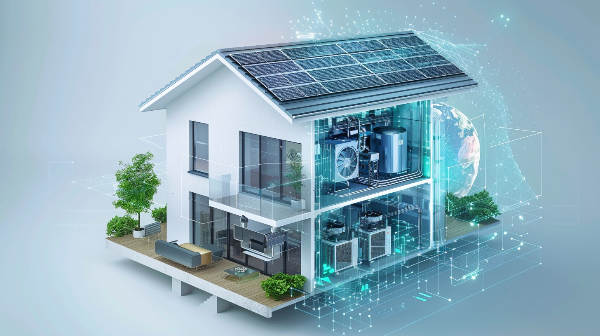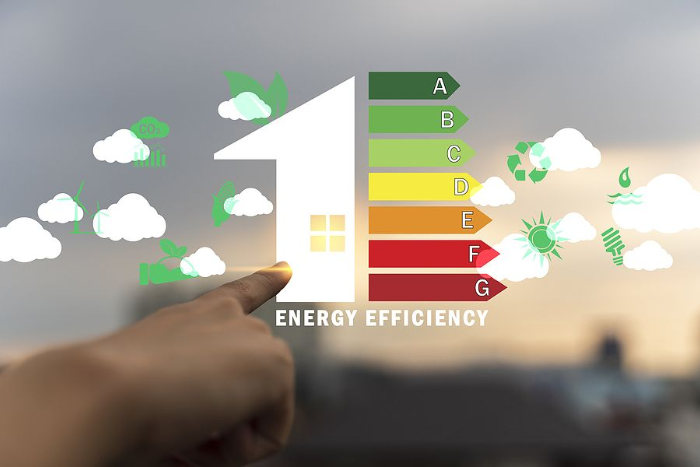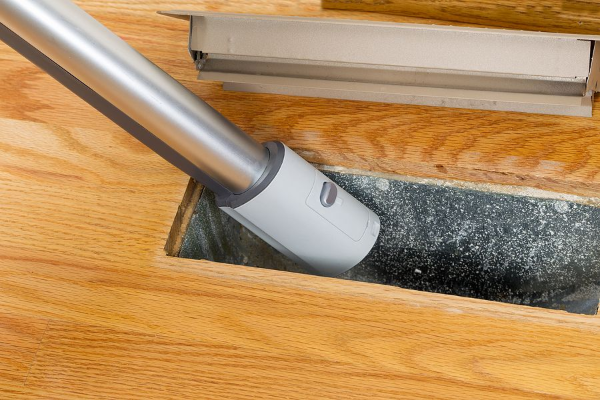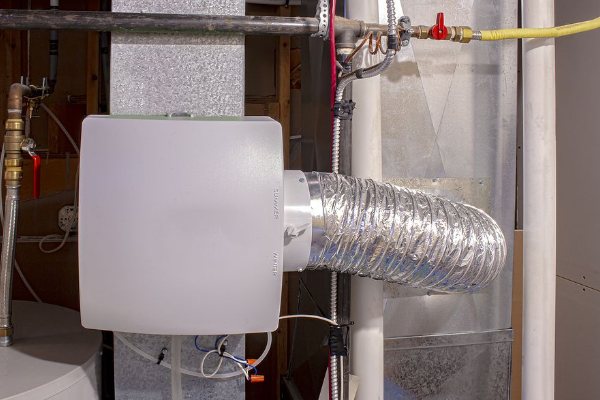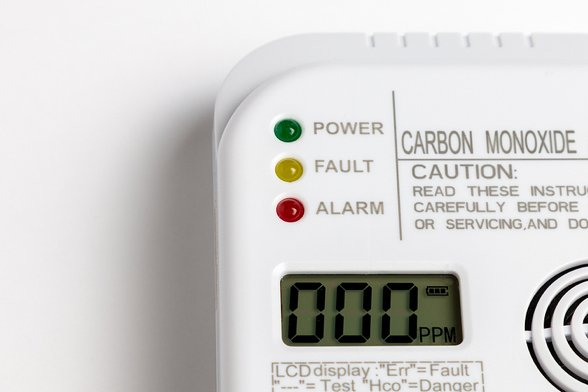2025 HVAC Refrigerant Changes: What Homeowners Need to Know
Big changes to heating and cooling systems took effect on January 1, 2025. New rules phased out refrigerants like R-410A because of their environmental impact. Today, greener options like R-32 and R-454B are now the standard. If you own a home, it's important to understand these changes and how they could affect your household moving forward.
Taking the time now to learn about these updates means you won’t be caught off guard later. You’ll also be in a better position to plan for any repairs or upgrades you might need, potentially saving yourself money and hassle down the road.
Understanding the 2025 Refrigerant Transition
The Environmental Protection Agency (EPA) is leading this change under the American Innovation and Manufacturing (AIM) Act of 2020. Their goal is to reduce the use of chemicals called hydrofluorocarbons (HFCs) that trap heat and contribute to climate change. One of the refrigerants being phased out, R-410A, has a global warming potential (GWP) of 2,088, while the new options, R-32 and R-454B, have much lower GWPs of 675 and 466.
Starting in 2025, all new residential and small commercial HVAC systems must use these safer refrigerants. Equipment made before 2025 using R-410A can still be sold and installed until January 1, 2026. Manufacturers are already creating models that work with the new refrigerants, so homeowners may start seeing updated systems sooner than expected.
What Homeowners Should Expect
Cost Changes
Homeowners should expect some cost increases. Systems designed for the new refrigerants are likely to cost more because they require new parts and updated designs to safely handle the refrigerants. Installations might also be pricier since technicians need special training to work with the updated systems.
If you have a system that uses R-410A, it can still be repaired, but parts and refrigerant may get harder to find over time. This could drive up the cost of repairs in the coming years. Being proactive about replacing an aging system could save you from future headaches.
Environmental and Energy Savings
Even though the upfront costs might be higher, switching to a new system could save you money in the long run. The new refrigerants help HVAC systems work more efficiently, meaning they use less energy to heat and cool your home. Lower energy use means lower monthly bills and a smaller carbon footprint.
Homes with newer, efficient systems also tend to have higher property values. An updated HVAC system could be a selling point if you plan to put your home on the market.
Getting Ready for the Change
Check Your Current System
If your HVAC system is older than 10 years, it might be smarter to replace it rather than keep repairing it. Systems built more than a decade ago may not be compatible with modern, energy-efficient technologies. A new system that uses R-32 or R-454B will meet the new standards and could lower your energy bills while reducing the risk of expensive emergency repairs.
Think about how often you need repairs. If your system needs frequent fixes or struggles to maintain a consistent temperature, it may be time to invest in a new, reliable one.
Talk to HVAC Professionals
It’s a good idea to connect with a licensed HVAC contractor. They can tell you if your current system is still a good option or if it makes sense to upgrade based on your home’s size, location, and your household's needs.
Look for professionals who are familiar with R-32 and R-454B systems and who can explain all your options. A good contractor will also help you understand any new safety guidelines associated with the newer refrigerants.
Look for Rebates and Incentives
Government programs and local utility companies often offer rebates for upgrading to energy-efficient HVAC systems. These rebates can significantly lower the upfront cost of installing a new system.
It’s also worth checking if there are tax credits for energy-efficient home improvements. Sometimes these incentives apply not only to equipment costs but also to installation services, giving you even more ways to save.
Why Planning Ahead Matters
The 2025 refrigerant change is a major step toward protecting the environment and boosting home energy efficiency. Learning about these updates now gives you the chance to plan ahead and avoid last-minute stress and unexpected costs.
Upgrading to a new, energy-efficient HVAC system may seem like a big investment, but it can save you money over time and add value to your home. If you're ready to explore your options or have questions about the transition, contact us today to speak with a licensed HVAC professional who can guide you through the process and help you prepare for the upcoming changes.

